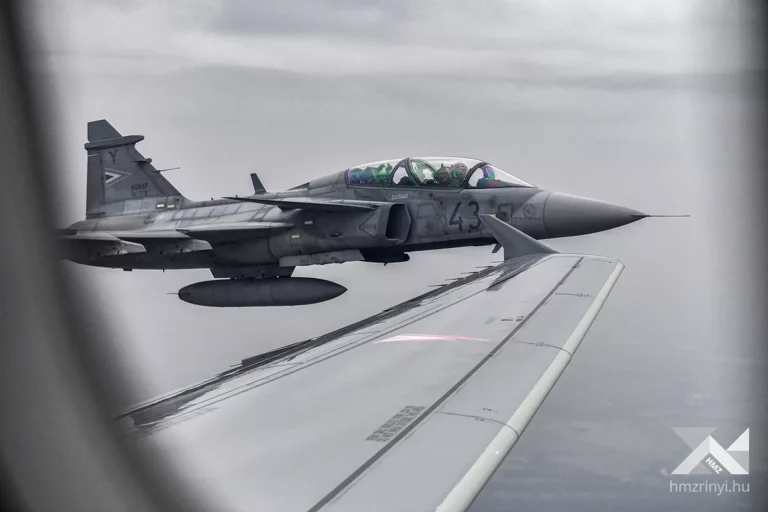military
Migration situation ‘very serious’ at southern border

Hungarian Defence Minister: ‘Peace requires power’

Military convoys march in Hungary this weekend – see where

What are they up to? NATO can deploy troops anywhere in Hungary!

Hungary to continue army development!

Hungary’s goals regarding the war in Ukraine revealed

V4 chiefs of staff discuss army cooperation, Poland was not represented
Army leaders attending a meeting of Visegrad Group chiefs of staff discussed current issues in cooperation between national armies on...
Military convoy marches through Hungary

Unidentified plane from Hungary intercepted in Romania by the USA

President condemned Russia’s unjustified aggression against Ukraine

Szijjártó talked about a new migration wave with Nigerian counterpart

President: strong, stable, effective military needed

Don’t be scared if you see fighter jets over Hungary these days!

Here is why you might bump into a lot of US, Polish, Romanian soldiers in Hungary

Unidentified aircraft detected at Hungary’s Eastern border again – fighters alerted

Russia is preparing a provocation against Hungary, Ukrainian military expert says

Don’t be surprised if you meet foreign military convoys on Hungarian roads





 ZH
ZH IT
IT DE
DE HR
HR NL
NL FR
FR JA
JA RO
RO RU
RU ES
ES TR
TR
